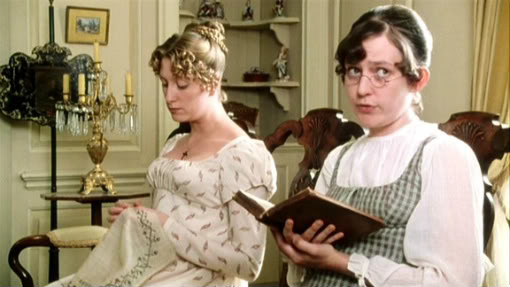The city of Yonkers had been found guilty of deliberately keeping both public housing and public schools apart by racial lines(in more than one court) and were dragging their feet in dealing the court ordered compliance to build housing on the mainly white east side.
Attempting to take hold of the situation was Nick Wasicsko(Oscar Issacs), a young politician who ran for mayor using an anti-housing campaign at first but upon being elected, soon realized that all of the legal options had been exhausted to stave off the inevitable. In a way, opponents of the housing thought he was their "Great White Hope", due to his past experience as a police officer and a lawyer but once they realized that he wanted them to deal with the reality of the situation, that good will was gone in a flash:
Wasicsko not only had to deal with City Council meetings that were dominated by raging protesters, he also had to negotiate with resistant council members(some of whom refused to even consider a compromise) for spots in their districts for the housing,including an agreement for Catholic church owned property that was quickly reneged on.
On top of that, he tried to deal with the anger of Judge Sands, who was so fed up with Yonkers' stubborn refusal that daily fines that threatened to bankrupt the city were imposed. All of this lead to a losing re-election with his main political rival on this issue, Henry Spallone(Alfred Molina) who was pretty much the Donald Trump of that campaign:
The whole series isn't just about the political fight, it also deals with the regular citizens on both sides of the conflict.
From east side resident Mary Dornan(Catherine Keener) who begins to have doubts about the direction of the housing resistence to Norma(Latanya Richardson Jackson), a retired home care worker whose own health problems are being ill served due to where she lives, how this legal battle does and doesn't speak to them over time is an important part of the story.
The casting here is incredibly solid, ranging from Bob Balaban as Judge Sands to Winona Ryder as former councilwoman Vinni Restiano, plus Ilfenesh Hadera as single mother Carmen, torn between raising her children in the relatively stable environment of her home town in the Dominic Republic yet needing the better financial opportunities available in New York,despite being able to only afford the less than safe for her kids housing in Yonkers. Kudos to all involved for keeping the humanity of the situation a vital component here:
A good portion of SMAH was filmed in Yonkers, which gives me and my family a weird sense of nostalgia as we try to figure out where certain scenes take place in. We also remember little things like the local newspaper of the day, The Herald Statesman(which has been long gone, we now have The Journal News).
The housing fight took place during my late teens and the school integration had already affected me as I was a member of the last graduating class of my high school. To be honest, I had no idea that we weren't already integrated as the part of town that we lived in was diversely populated(and still is). That is how divided the city of Yonkers was at the time, that there were young people like me who had not clue one that we were racially divided.
I say "in those days" but it's eerie to hear some of the arguments being presented in SMAH still having echoes in the racial conflicts of the present day. From "those people will ruin our way of life!" to "why isn't anyone asking our opinion about this?", some of these same debates are happening all over the country, from small town meetings to huge political rallies.
True, many things have changed for the better but some are getting worse and in looking back at the sad social history of Yonkers, you can see that the old saying "those who ignore the lessons of history are doomed to repeat them" is being proven true yet again. This should feel like an old fashioned story of a time thankfully long gone by and yet, SMAH feels like a fresh slice of modern life.
As the final episodes of Show Me A Hero are about to air, I feel that this series has done well by this story and remained true to what happened in Yonkers back then. It may not be the pretty picture that some would like to see of this city but then again, the truth never is.
Yonkers may sound like a terrible place to live and it's not a bed of roses at the best of times. However, like just about any other city in America, it has some moments of unity, neighborly good will and hope for a better future. Show Me A Hero gives us a chance to look back both in anger and in the promise of a new day. For that, we have to thank producer David Simon and his cast and crew for highlighting such a turbulent time period that may perhaps offer some perspective on the way we are now:


No comments:
Post a Comment